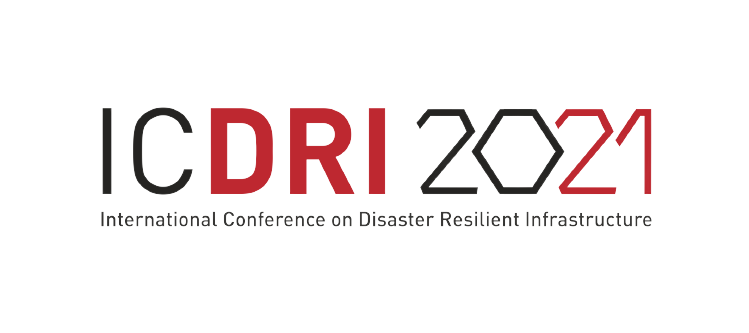Masterclass Session 4: Accelerating Urban Water Resilience in Cities
Thursday, 15 April 2021 (1230 IST)
Session Annotation:
The session will introduce the concept of urban water resilience and present innovative solutions that can help cities around the world to adapt to climate change and build resilience within the city to water related shocks and stresses in the context of a resilient recovery from the COVID-19 pandemic.
Session Overview:
With an expected growth of 2 billion residents by 2050 and under a changing climate, cities around the world are aware that they need to increase their resilience against water related shocks and stresses to protect their physical, economic, natural, and human capital that define a city's key strengths. The COVID-19 pandemic has highlighted how complex and interconnected the world is and how much uncertainty will impact planning in the future, whether it’s climate change or a global economic downturn. Cities and planners need to move away from treating infrastructure projects as individual investments and view them as part of a system that comprises a portfolio of interlinked assets that provide essential services for society.
This session will expose participants to tools that enable cities to introduce resilience into their decision making, to diagnose and design for resilience to enhance outcomes including the safety of urban inhabitants, livability, livelihoods, equity, and economic development. It will present how the impact of and possible solutions to flood events in urban areas can be assessed with a risk-based approach and how the effects of measures can be quantified by determining the cascading impacts on its underlying systems and calculating those through a systems network analysis.
Learning Objectives:
Participants will obtain a better understanding on approaches and instruments that allow governments and other stakeholders to identify and determine failure pathways in critical urban systems due to shocks and stresses impacting these systems to inform future investment decisions and to identify solutions to deliver better outcomes focusing on longterm environmental, social, and economic benefits which are urgently required to ensure that cities and communities recover from the COVID-19 pandemic and adapt to climate change.
Methodology:
Pre-session reading and questionnaire, break-out discussions during the session on how to determine failure pathways (what are the events leading up to a failure of a system) and possible applications by the participants. Demonstration of how to quantify the effects of a failure mechanism.
Session Outcome:
Participants will have a better understanding on how to use risk-informed decision making considering interdependencies of critical urban systems.
Session Speakers:
- Ms. Katrin Bruebach, Global Director Programs, Innovation & Impact, R-Cities
- Mr. Alex Ryan, Organization Manager, Programs & Innovation, R-Cities
- Dr. Margreet van Marle Researcher Climate Resilience and Wildfires, Deltares
- Ms. Frederique de Groen, Junior Advisor/Researcher, Data Science and Disaster Impact Assessment, Deltares
